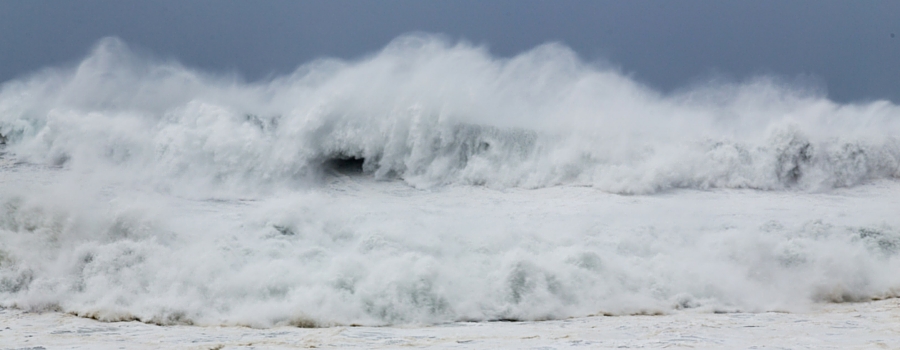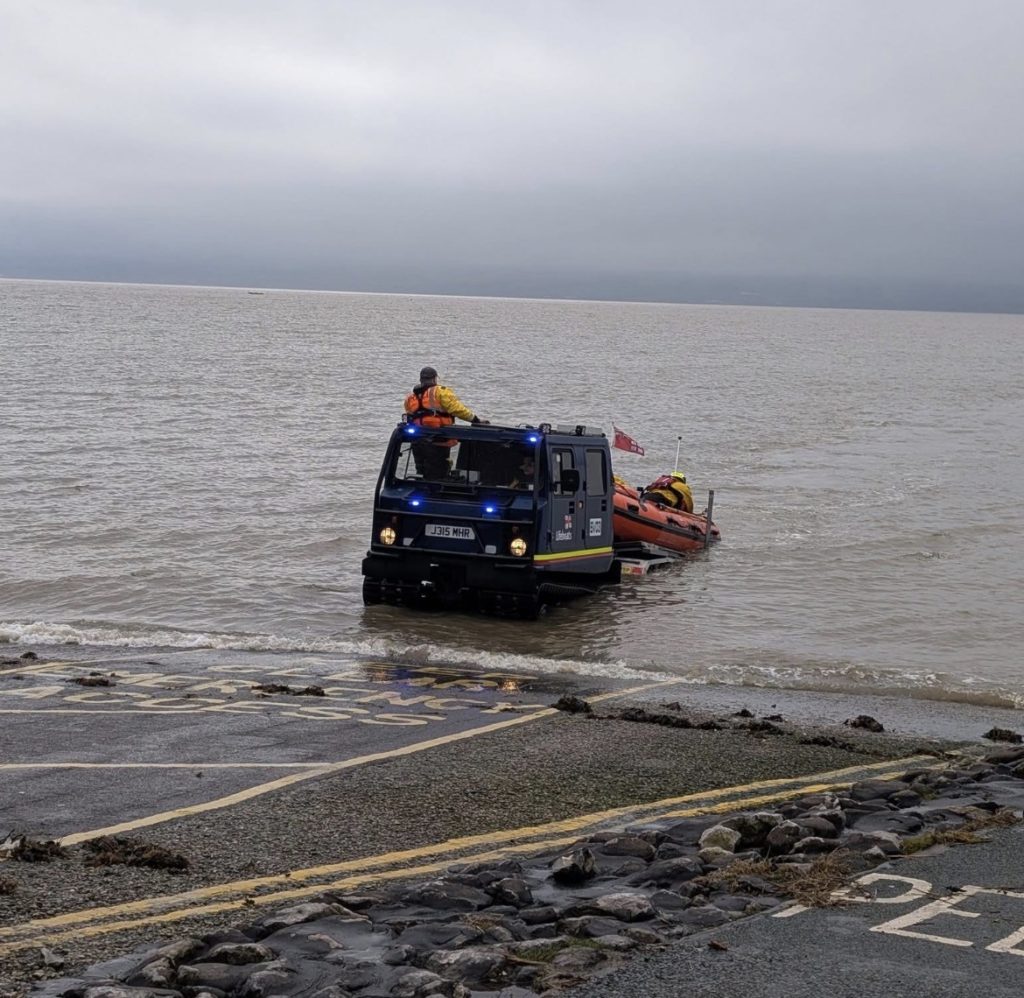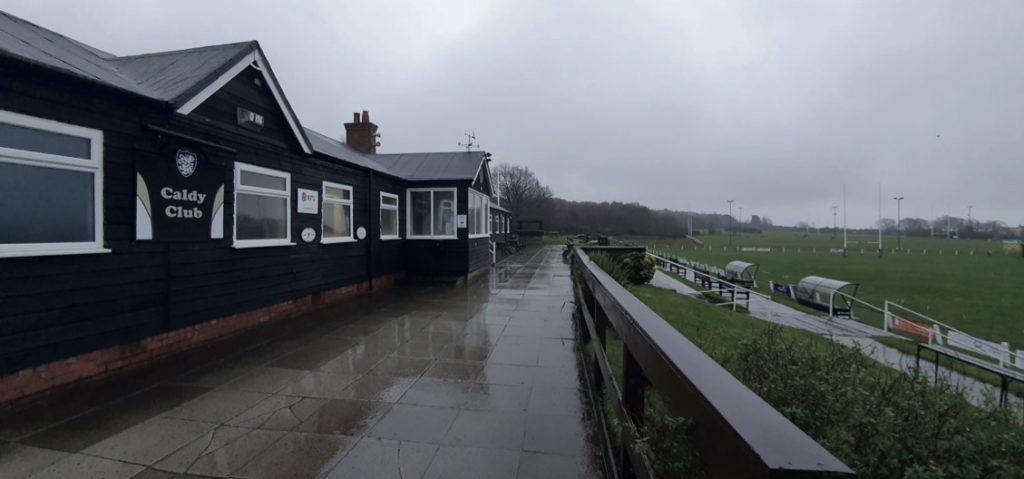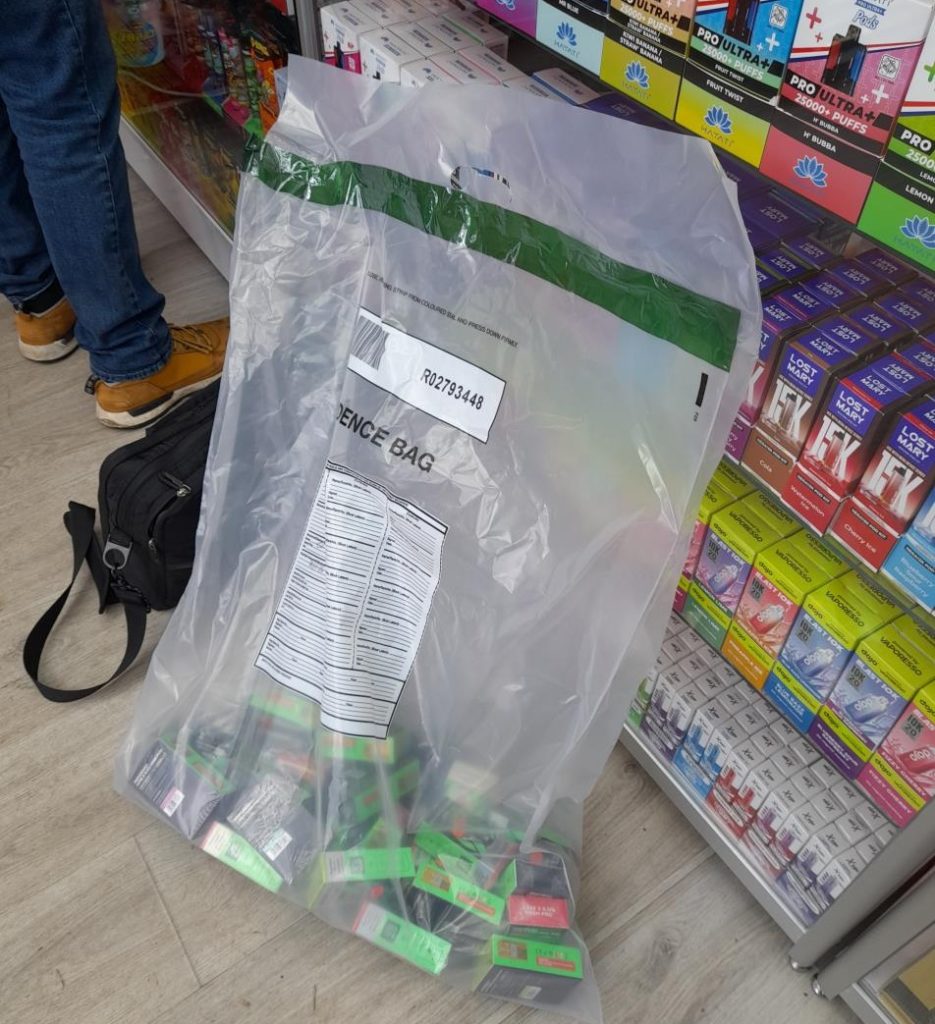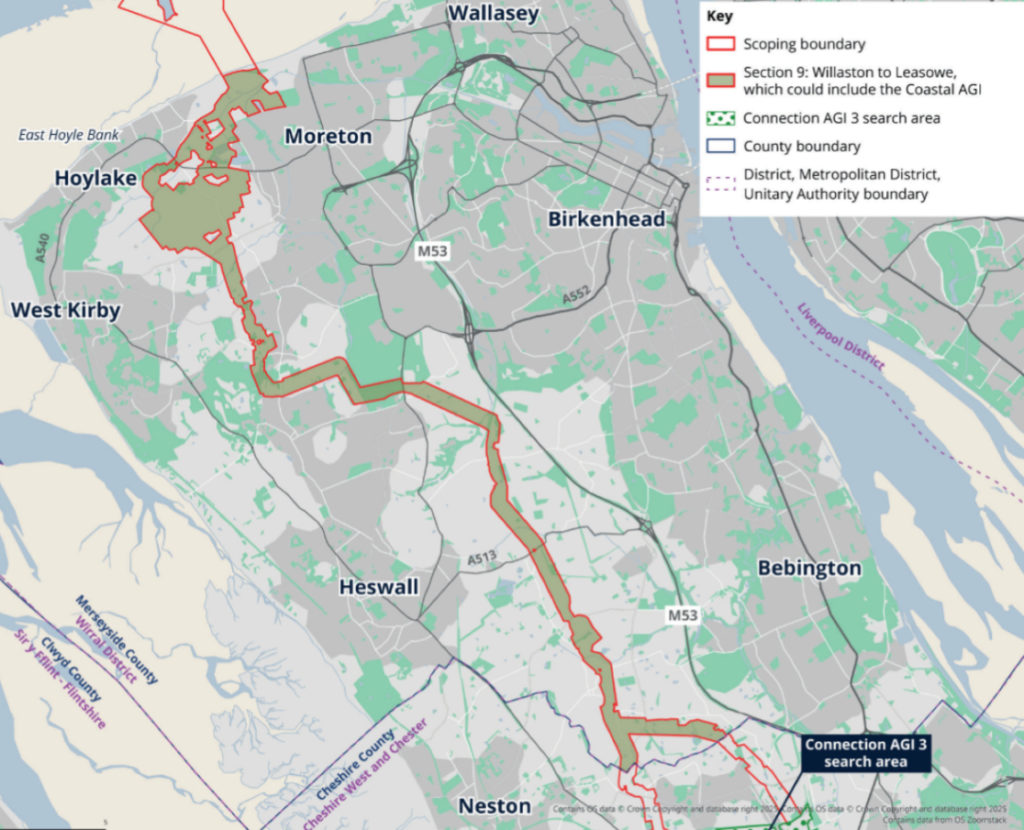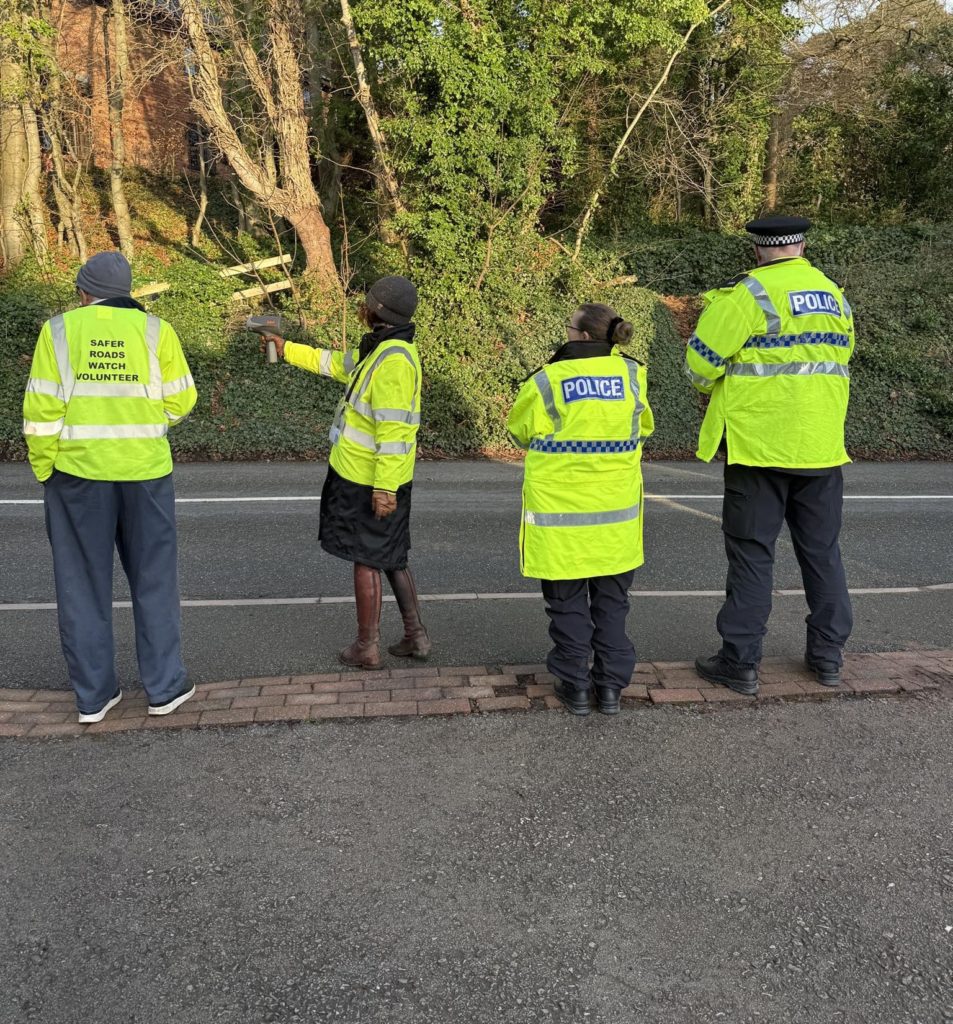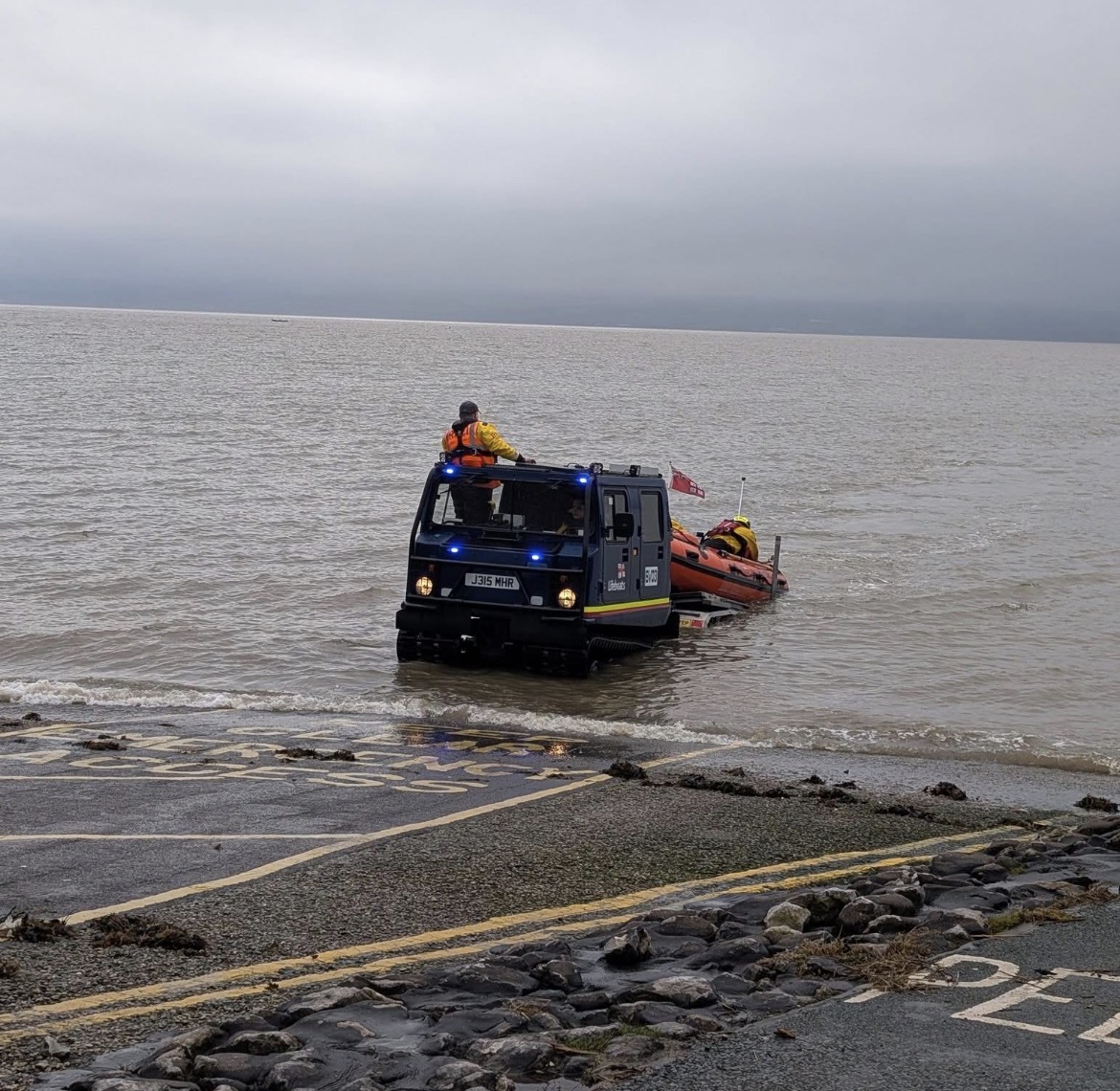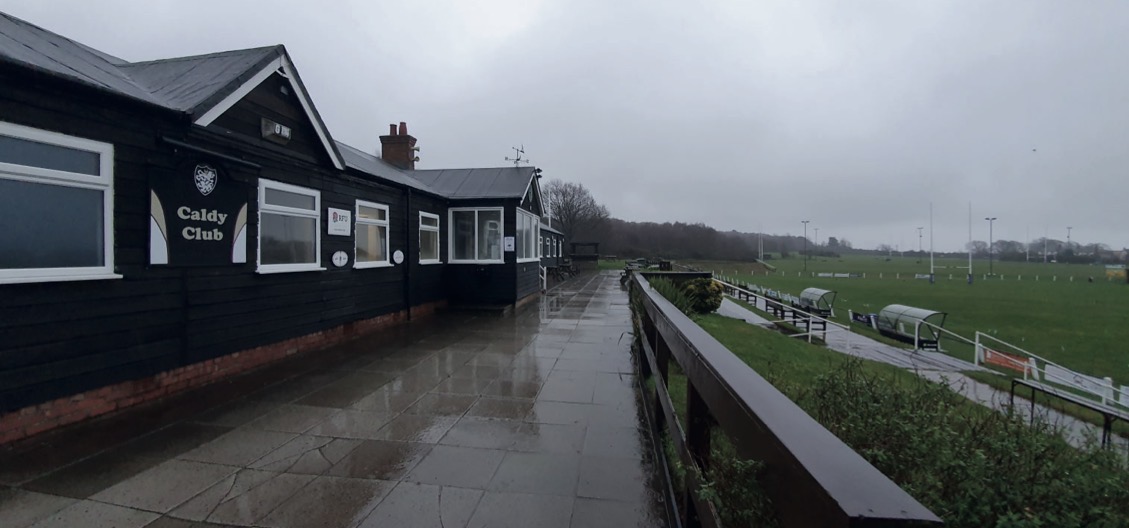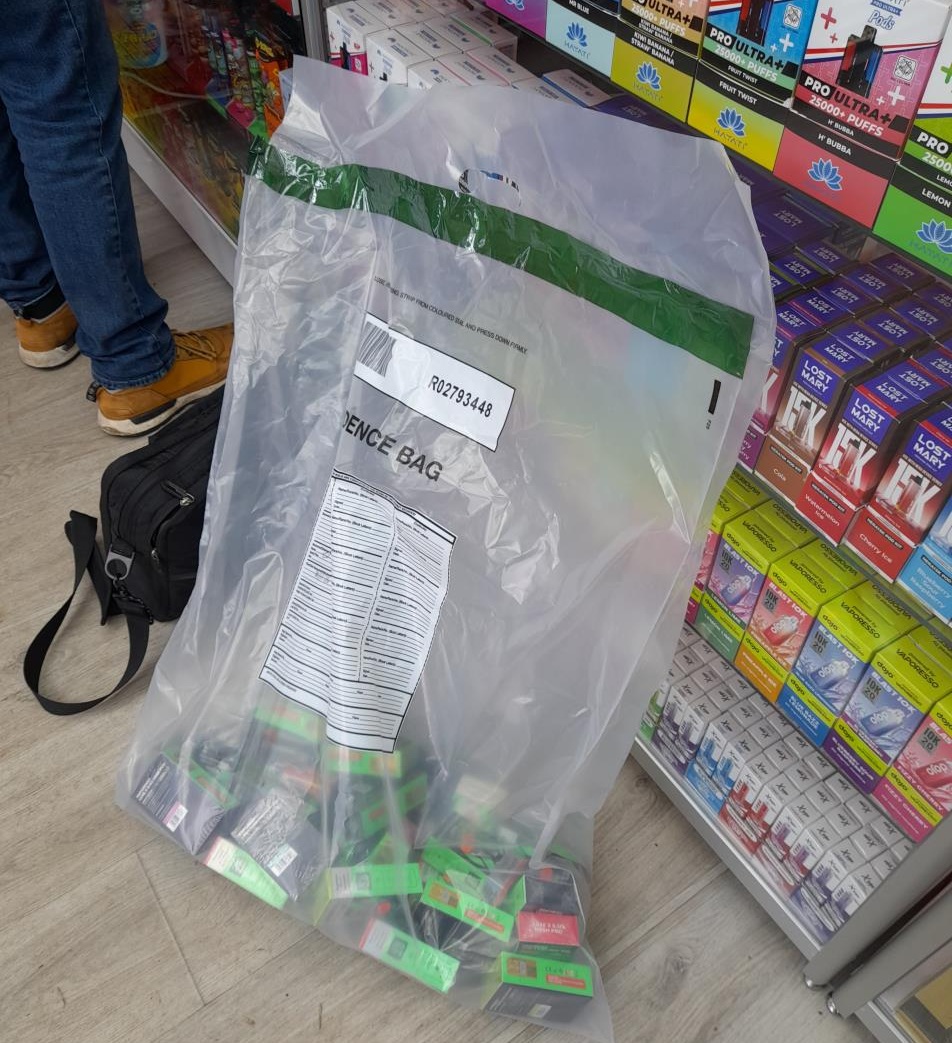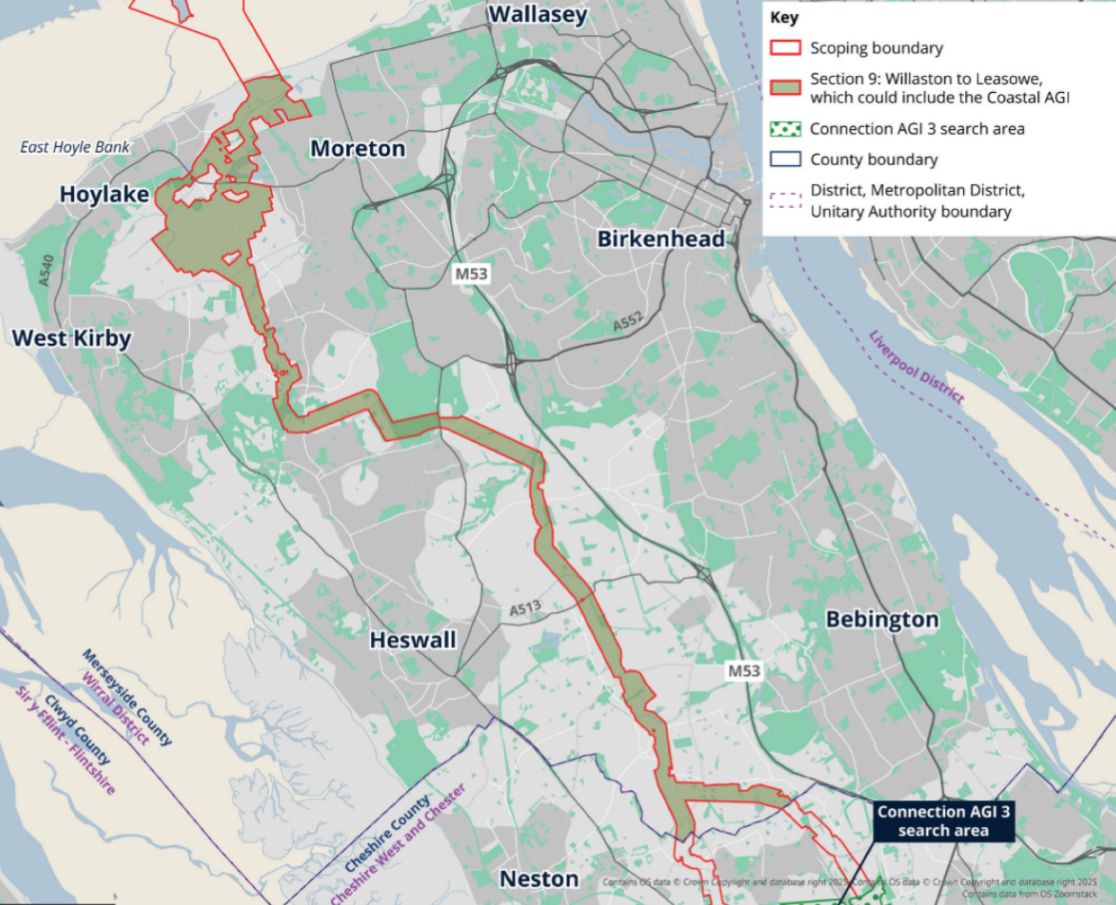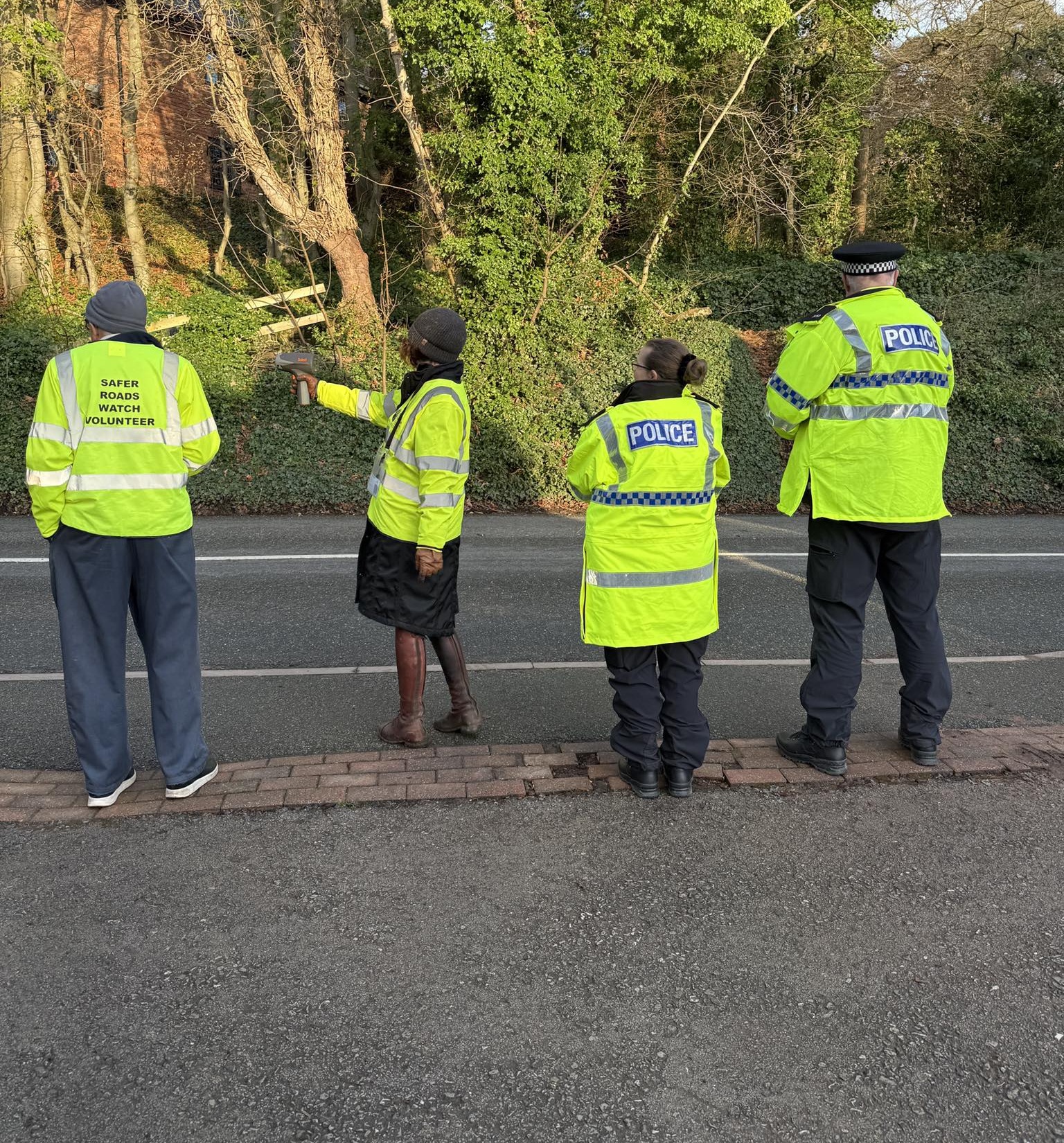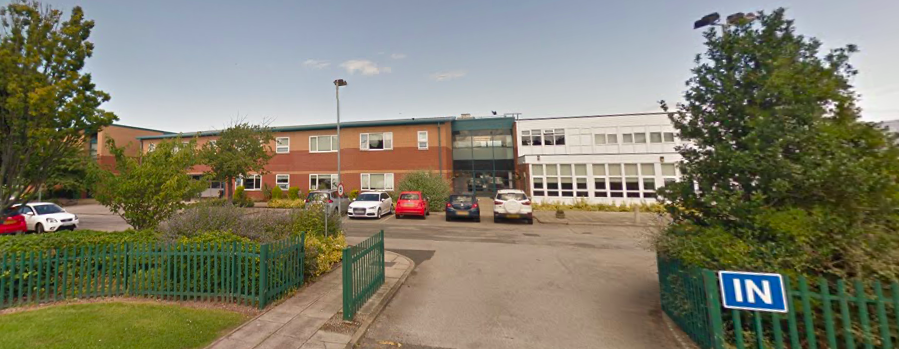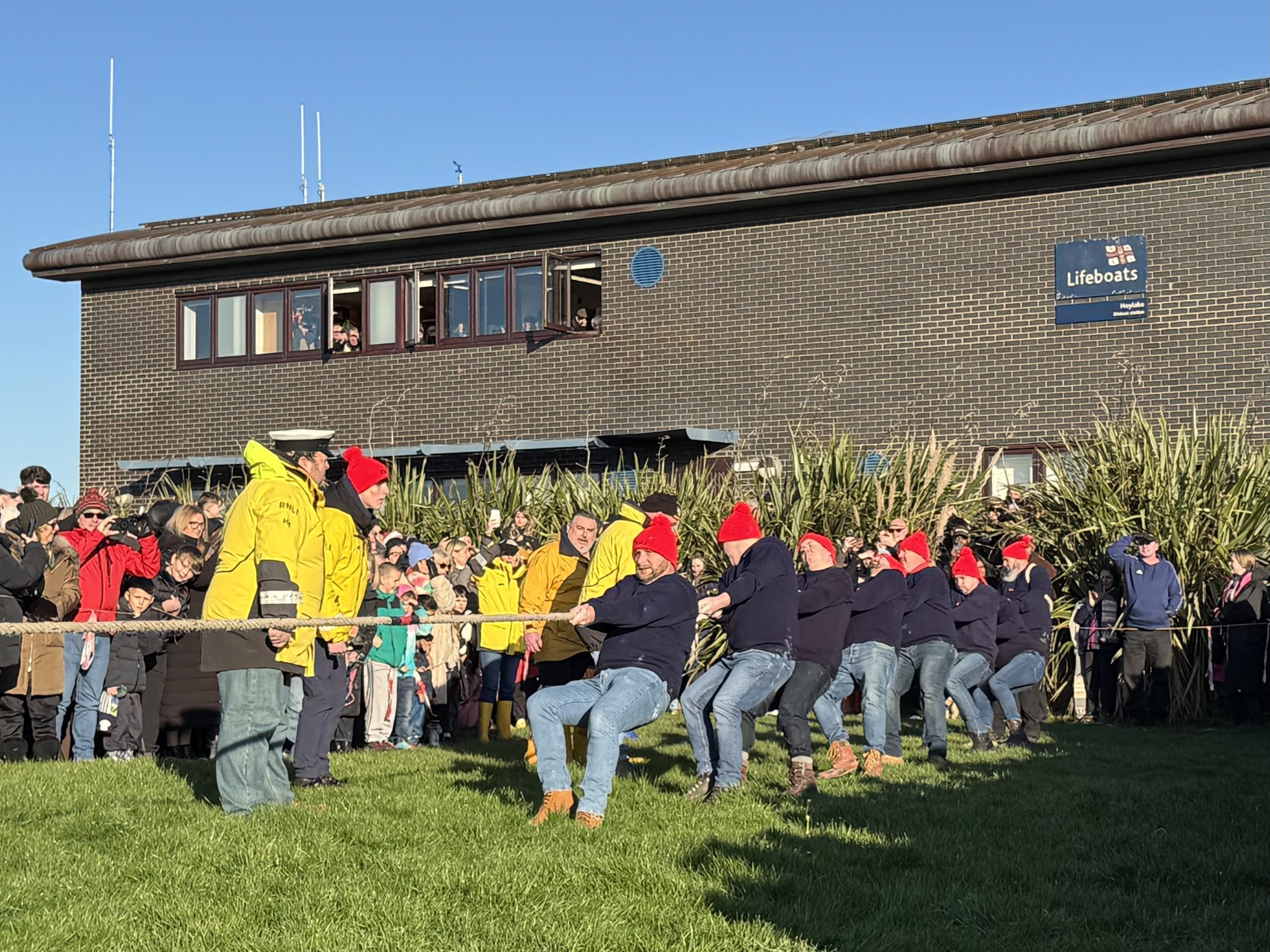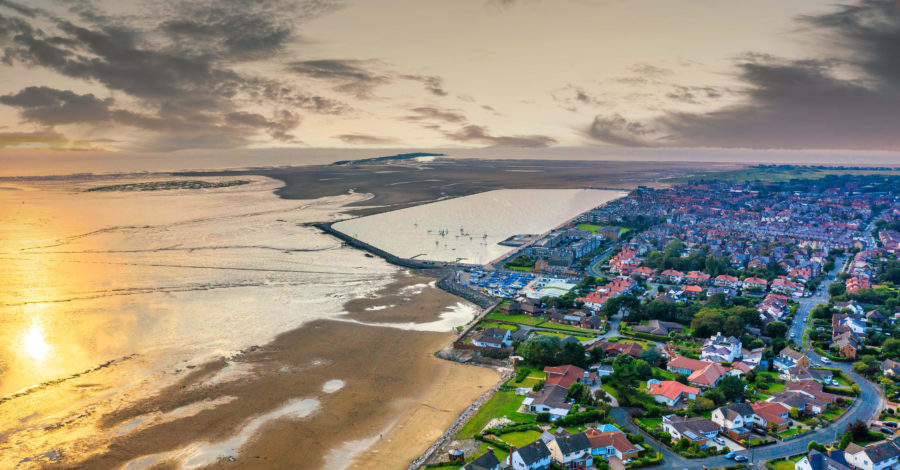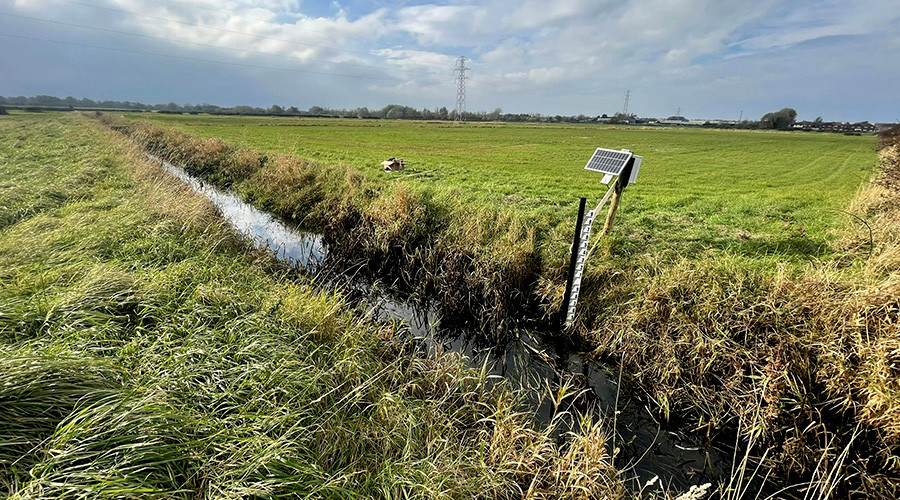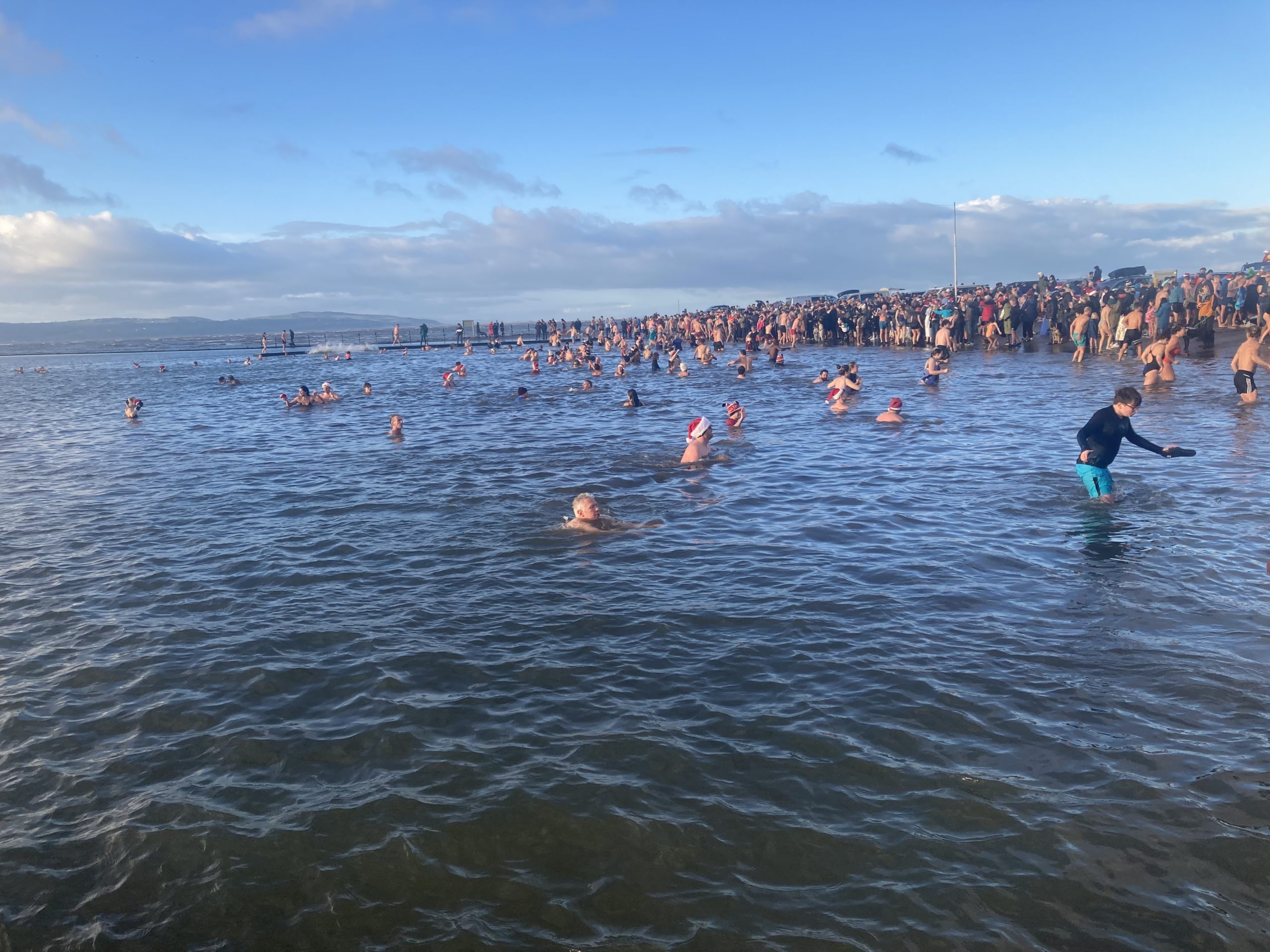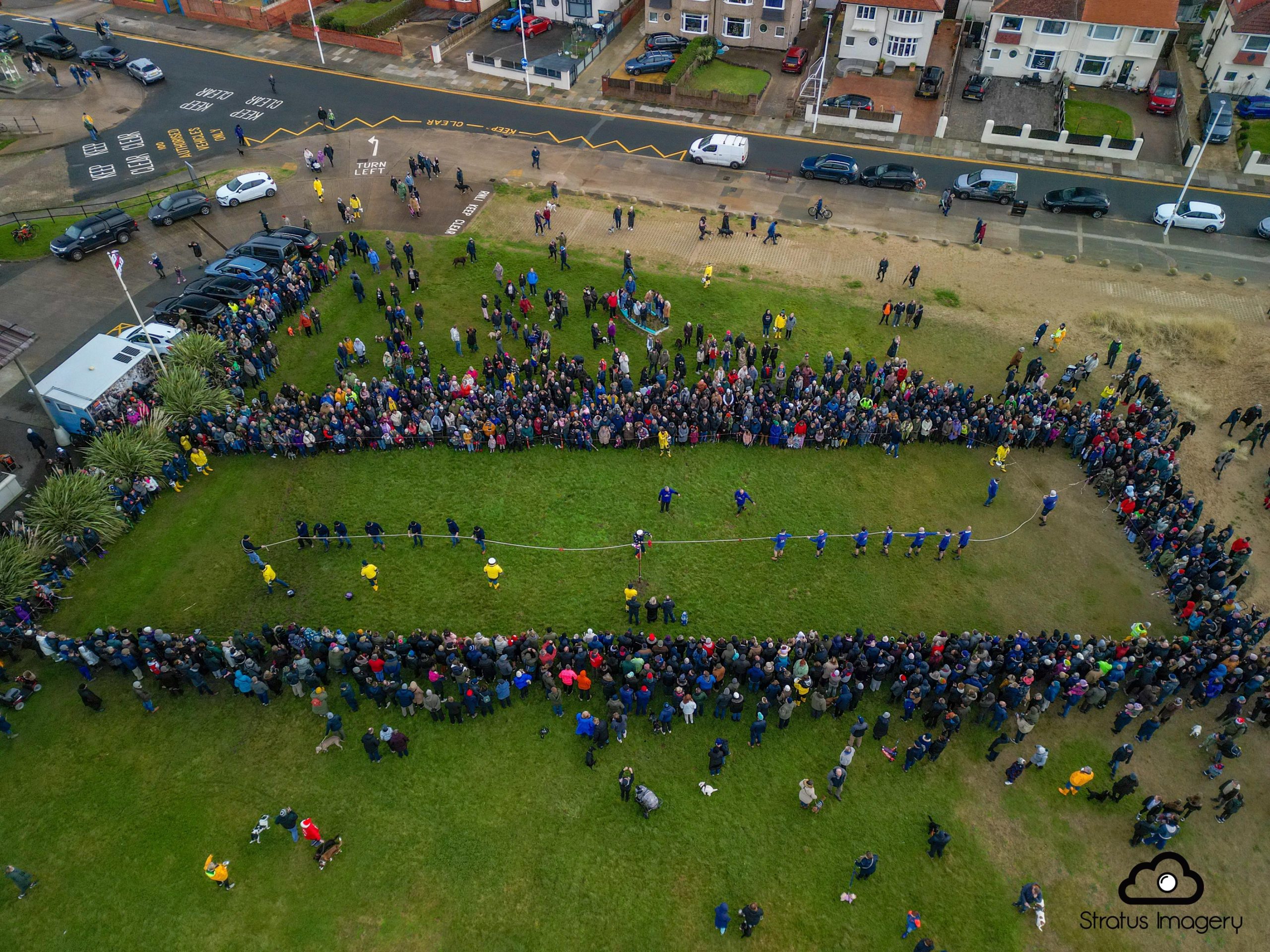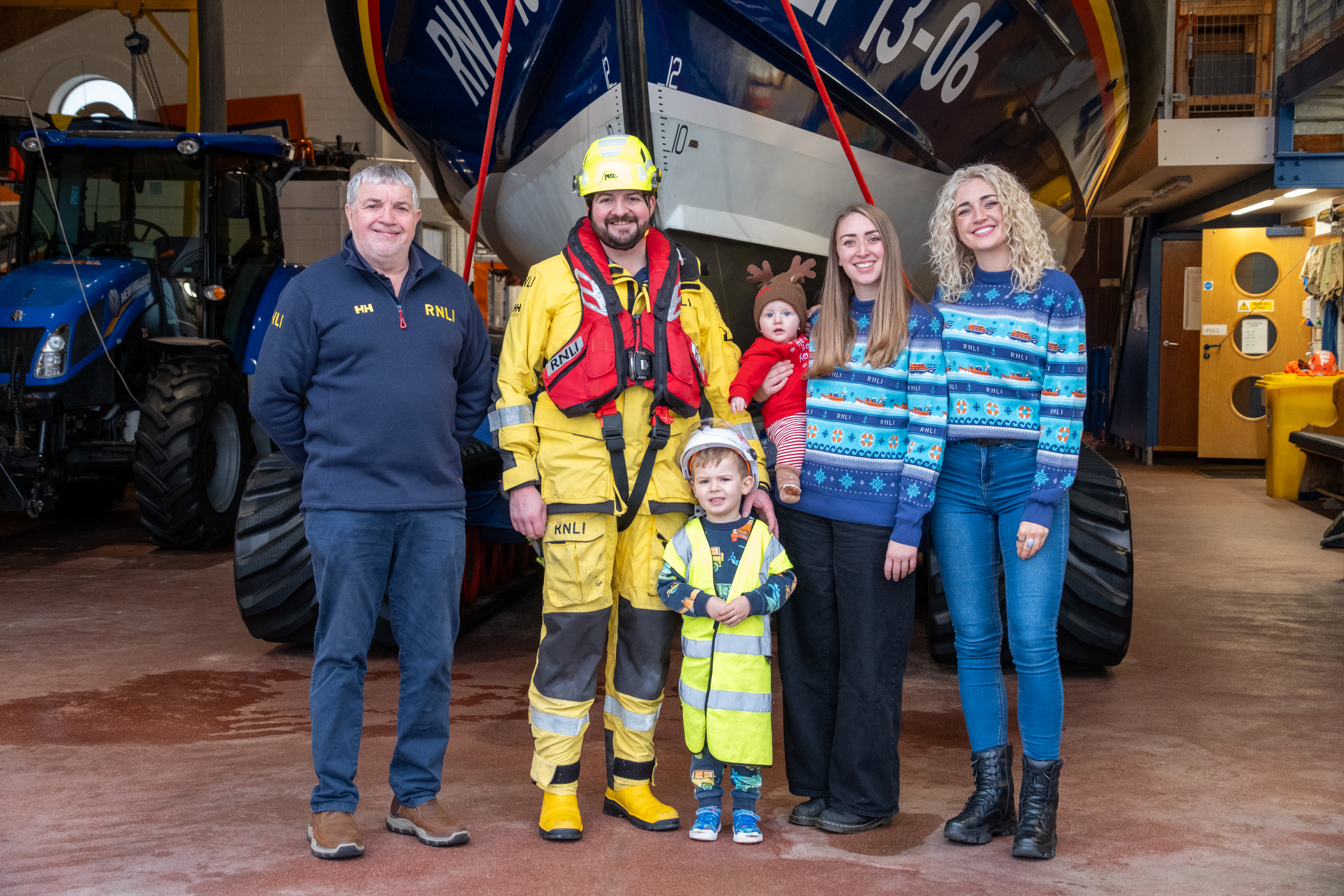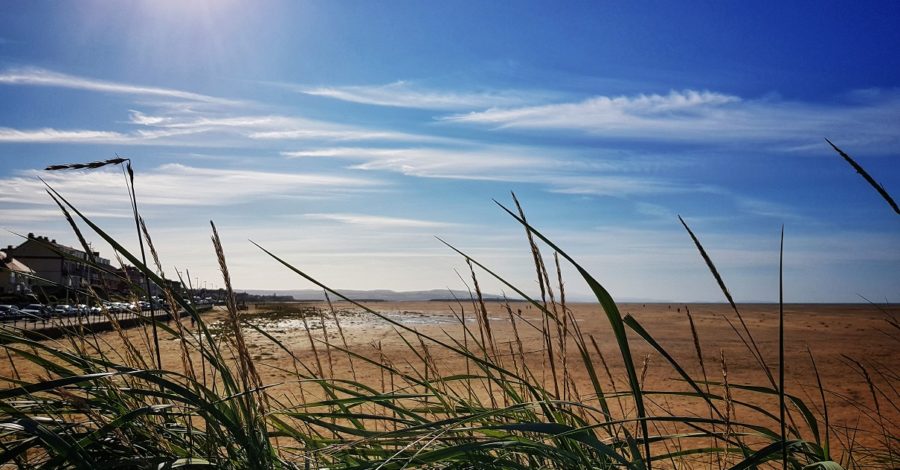Weather forecasters are warning of unusual weather patterns over the next few days due to the impact of the ex-hurricane Ophelia.
Much warmer than average temperatures are likely over the weekend but extremely windy conditions are expected on Monday and Tuesday.
The Met Office has warned that coastal routes, sea fronts and coastal communities may be affected by spray and/or large waves.
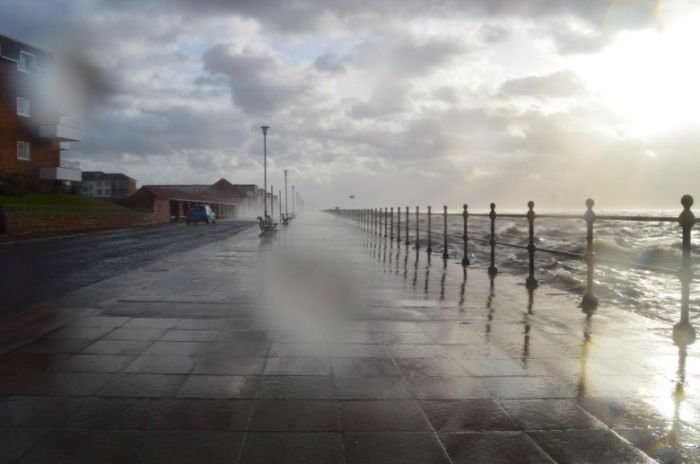
Road, rail, air and ferry services may be affected, with longer journeys times and cancellations possible. Power cuts may occur, with the potential to affect other services, such as mobile phone coverage.
Some damage to buildings, such as tiles blown from roofs could happen, perhaps leading to injuries and danger to life from flying debris.
Met Office chief forecaster Steve Ramsdale said: “Understandably, there is a lot of public concern about the potential impacts of ex-Ophilia.
“In readiness, we have already issued Yellow wind warnings for Northern Ireland and parts of western and northern Britain for Monday and Tuesday, suggesting wind gusts possibly reaching up to 80mph in places.”.
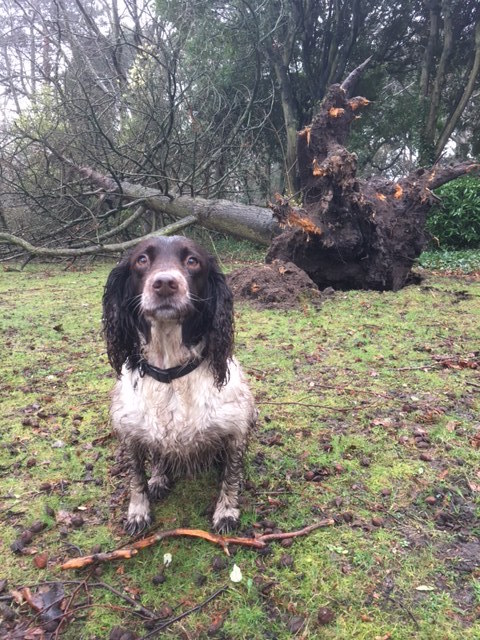
Hurricane Ophelia, which developed southwest of the Azores, has reached Category 2 status. When it turns north-east across the North Atlantic, Ophelia will lose energy as she passes over cooler waters. Before reaching the British Isles the system will lose its tropical characteristics and will no longer be classified as a hurricane. However, it will still have sufficient energy to produce impacts, such as very strong winds and heavy seas, leading to potentially dangerous waves on exposed locations.
Matt Crofts, a Lifesaving Manager with the RNLI, said: “The severe weather which is due to hit parts of the UK and Ireland early next week could make our seas particularly dangerous and unpredictable, with large waves and swells being a major risk.
“Stormy conditions may be tempting to watch but big waves can easily knock you off your feet. The sea is far more powerful than you think and your chances of survival are slim if you are dragged into the swell. Our volunteer lifeboat crews will always launch to rescue those in danger at sea, but to launch into conditions like these could also put their lives at risk.
“We understand why people want to experience extreme weather, but it’s not worth risking your life, so we strongly urge people to respect the water and watch from a safe distance. If you see someone else in trouble in the water, call 999 and ask for the Coastguard. Don’t enter the water yourself as you could also end up in serious danger.”

